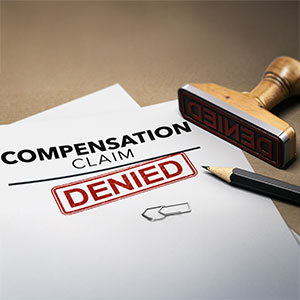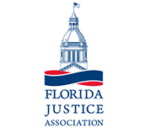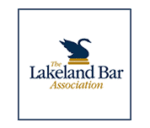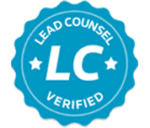What Are Case Costs?
Case Costs And Litigation Expenses
Case costs (also known as litigation expenses) are expenses that your lawyer advances on your behalf. These are specific items that are charged to your case and are paid for in addition to the standard contingency fee percentages charged by your lawyer.
What The Contract Says
Every personal injury and medical malpractice attorney in Florida uses a contingency fee contract that requires the payment of costs in addition to attorney fees. The costs are not included in the the contingency percentage. There are some attorneys who make you responsible for costs regardless of whether a recovery is made, however, most attorneys who use a contingency fee (including Russo Law) do not charge you costs in the event that your case is not successful. You should look at your contract and make sure that you are not charged costs in the event that your attorney is not successful.
Typical Case Costs
- Postage
- Copies
- Purchasing medical records from medical providers
- Filing fees to clerk of court
- Service of process
- Expert witnesses
- Final or narrative reports from treating physicians
- Accident reconstruction
- Court reporters and transcripts
- Travel that is necessary
What Items Should Not Be Charged As Costs?
Here’s what the Florida Bar has to say about items that should not be charged as costs in Rule 4-1.5 of the Rules Regulating the Florida Bar:
General overhead should be accounted for in a lawyer’s fee, whether the lawyer charges hourly, flat, or contingent fees. Filing fees, transcription, and the like should be charged to the client at the actual amount paid by the lawyer. A lawyer may agree with the client to charge a reasonable amount for in-house costs or services. In-house costs include items such as copying, faxing, long distance telephone, and computerized research. In-house services include paralegal services, investigative services, accounting services, and courier services.
Likewise, you are not supposed to be charged a pro-rata portion of subscriptions, legal research, space on computer hard drives, and space in filing cabinets. These are all part of general overhead that is not supposed to be charged for. If you have costs that are not specifically itemized on your closing statement, you should ask your attorney what those charges are for before you sign it.
Specialized Lien Resolution Services
Generally speaking, lien resolution services are intended to be covered by the contingency fee. However, there are some exceptional cases in which the Florida Supreme Court has recognized a need for an attorney to retain a specialist to resolve a complicated lien resolution matter. In those cases, the cost of lien resolution services can be charged as a cost in addition to the standard contingency fees but it should not be done in all of the lawyer’s cases.
The reason for this is because most liens against personal injury settlements are settled quickly by negotiation. However, there are some cases that will take years of litigation to resolve because there is a real dispute as to what is owed under a specific right of subrogation or a legal theory. One case that comes to mind is US Airways v. McCutchen which was argued all the way to the U.S. Supreme Court.
Call Us For Help With Your Case
If you would like help with your personal injury or medical malpractice case or would just like a second opinion, please give us a call to discuss how we can help you with your legal issue.
We serve clients with personal injury and medical malpractice cases in Polk County including Lakeland, Winter Haven, Bartow, and Haines City, Florida.









